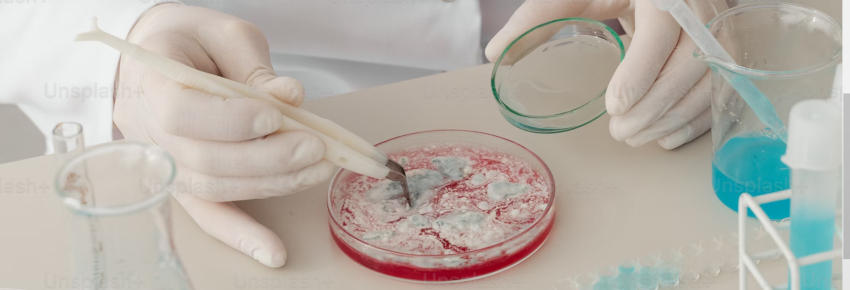
A healthy gut biome refers to the diverse community of microorganisms living in the gastrointestinal tract. This ecosystem plays a crucial role in our overall health and well-being.
Diversity and Balance
A healthy gut biome consists of approximately 100 trillion microorganisms, including bacteria, viruses, fungi, and other microbes. The ideal balance is achieved when there's a mix of beneficial bacteria, such as Bifidobacterium and Lactobacillus species.
Immune System Support
The gut-associated lymphoid tissue (GALT) works closely with the gut microbiome to support immune function. A balanced gut biome help maintain a robust immune system, protecting against pathogens and inflammation.
Digestive Health
Beneficial microbes aid in nutrient absorption, fermentation of dietary fibers, and production of certain vitamins. They help break down complex foods and extract essential nutrients from our diet.
Mental Health Connection
Research suggests a strong link between the gut microbiome and brain function. A healthy gut biome may contribute to better mood regulation, reduced stress levels, and improved cognitive performance.
Metabolism Regulation
The gut microbiome influences glucose metabolism, insulin sensitivity, and energy homeostasis. It helps regulate body weight and metabolic rate.
Inflammatory Response Modulation
Beneficial microbes produce anti-inflammatory compounds that help maintain a healthy inflammatory response, reducing the risk of chronic diseases associated with excessive inflammation.
Production of Vitamins and Hormones
Certain gut microbes synthesize vitamins like biotin, vitamin K, and folate, while also producing hormones that influence appetite an satiety.
Barrier Function Maintenance
The gut lining benefits from the presence of beneficial microbes, which help maintain intestinal barrier integrity and prevent leaky gut syndrome.
Detoxification Processes
The gut microbiome aids in the removal of toxins and waste products from the body through various metabolic processes.
Overall Well-being
A healthy gut biome has been associated with improved sleep quality, enhanced athletic performance, and increased resistance to infections.
Maintaining a Healthy Gut Biome
Maintaining a healthy gut biome involves a combination of factors:
- Consuming a balanced diet rich in fiber
- Staying hydrated
- Managing stress levels
- Avoiding antibiotics unless necessary
- Getting adequate sleep
- Exercising regularly
If you're interested in promoting a healthy gut biome, consider incorporating probiotic supplements or probiotic-rich foods into your diet after consulting with a healthcare professional. Remember that individual responses to gut microbiome interventions can vary, so it's best to work with a qualified healthcare provider to develop personalized strategies for maintaining a healthy gut biome.
© 2022 - 2026 ifecal.com, All Rights Reserved. Written and curated by Wellness Advisor Eduardo Contee Contact, Privacy Policy and Disclosures, XML Sitemap.